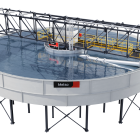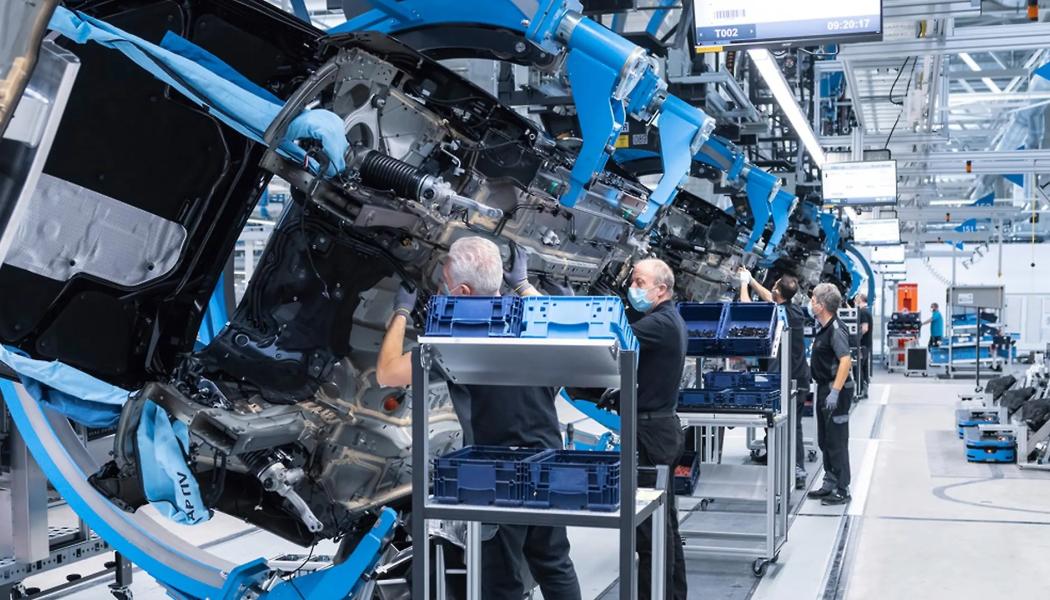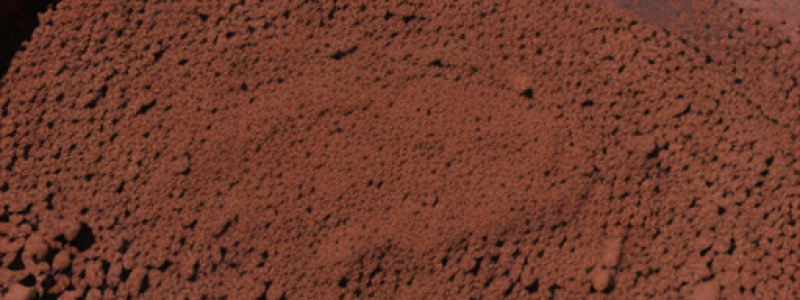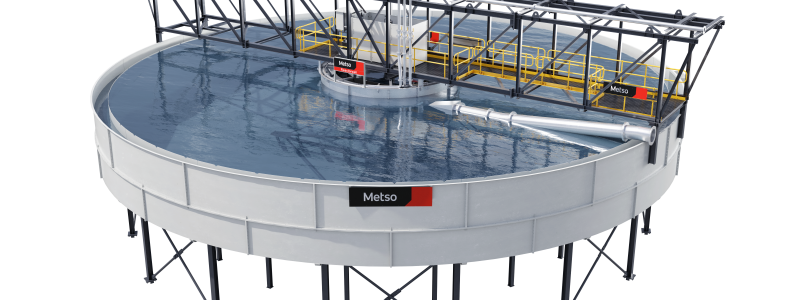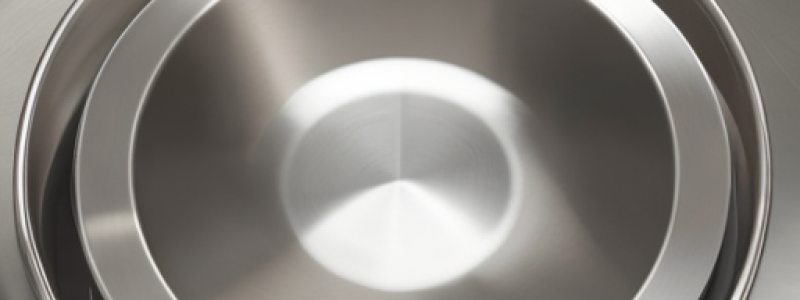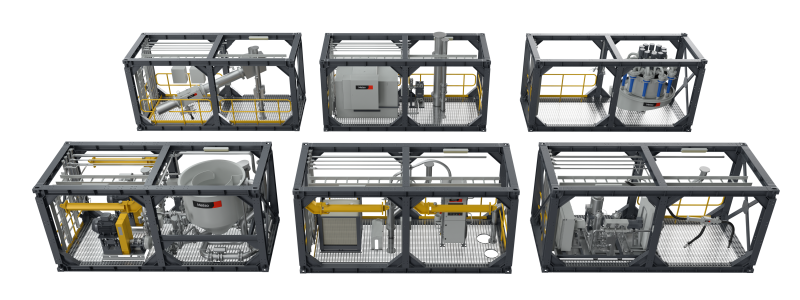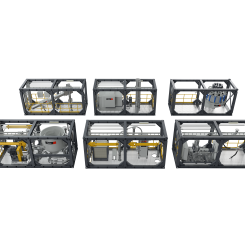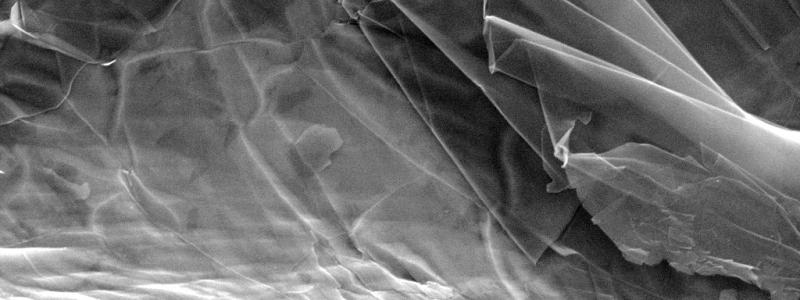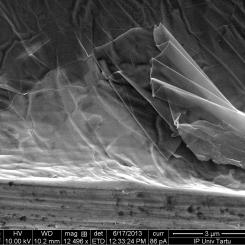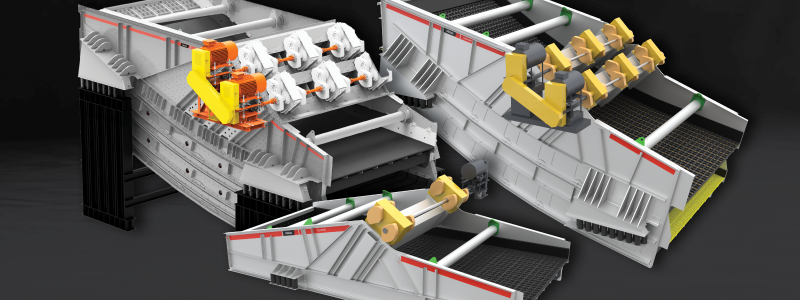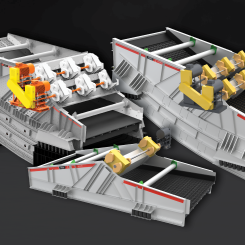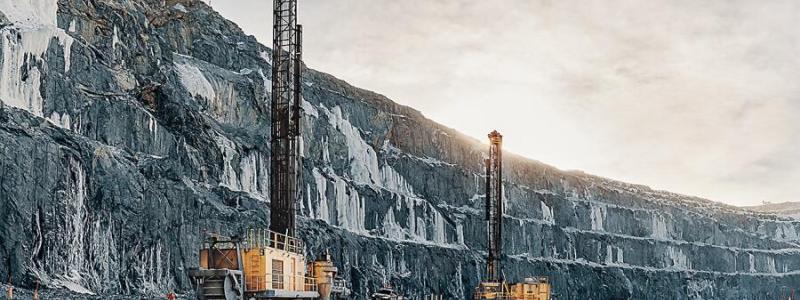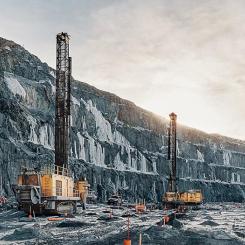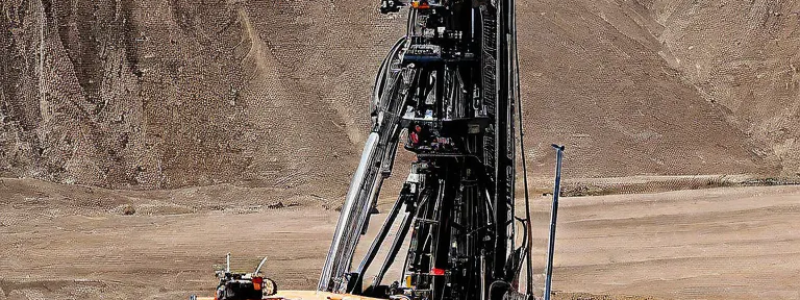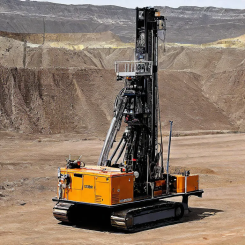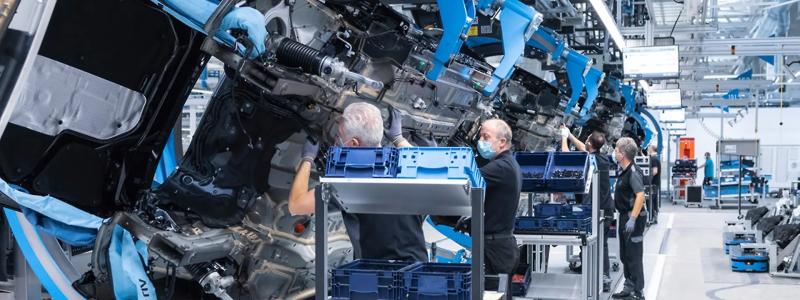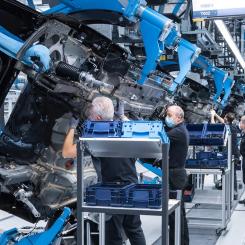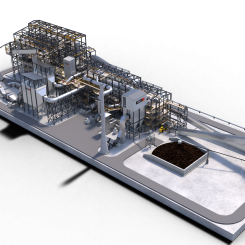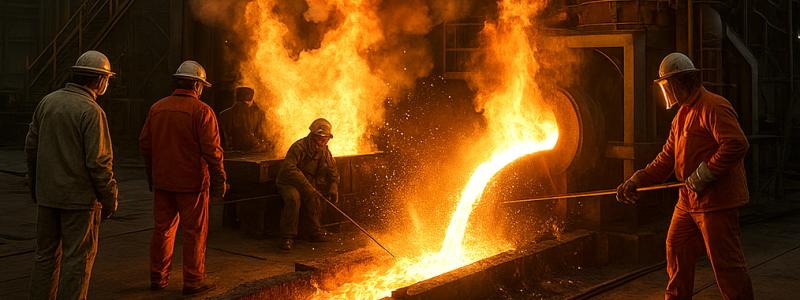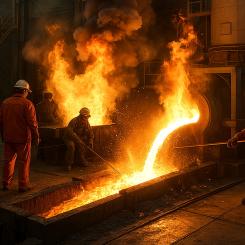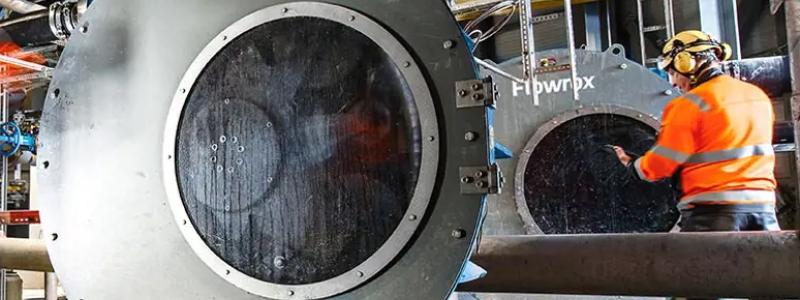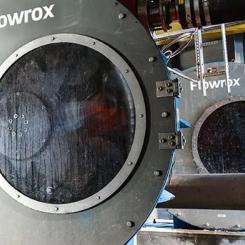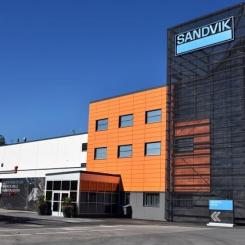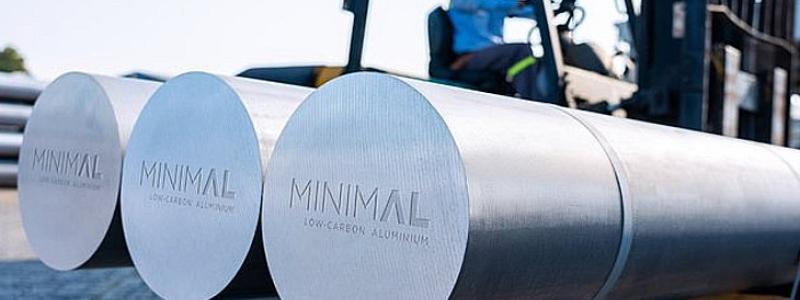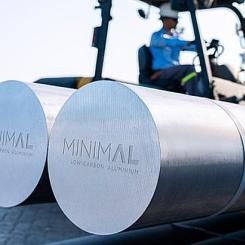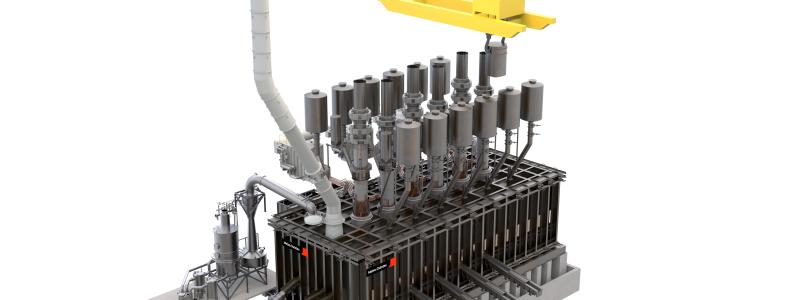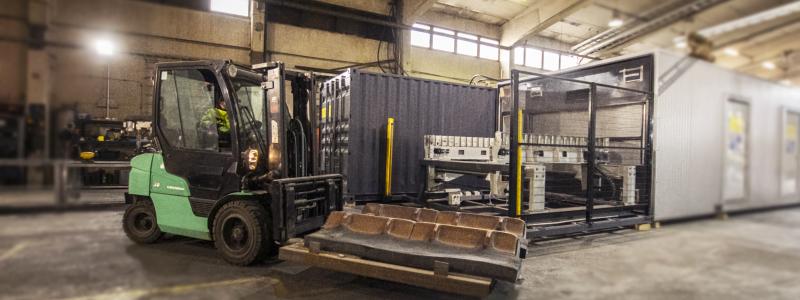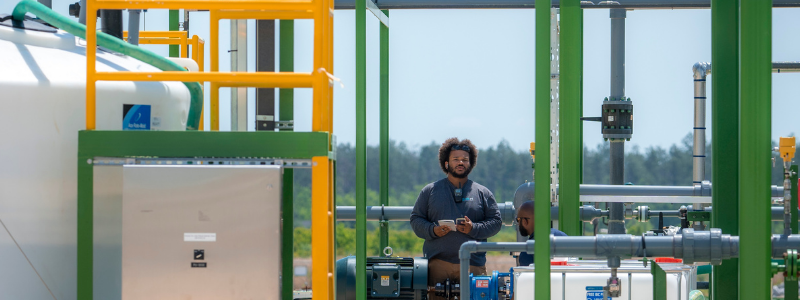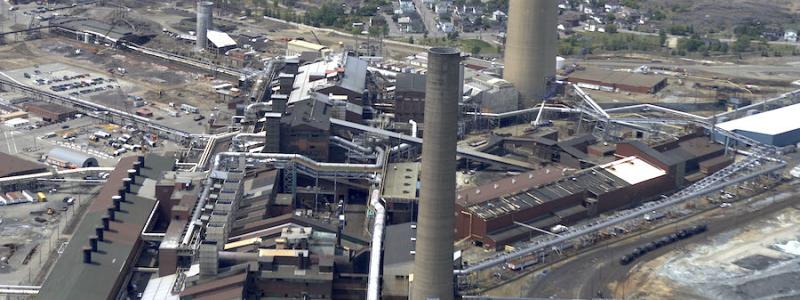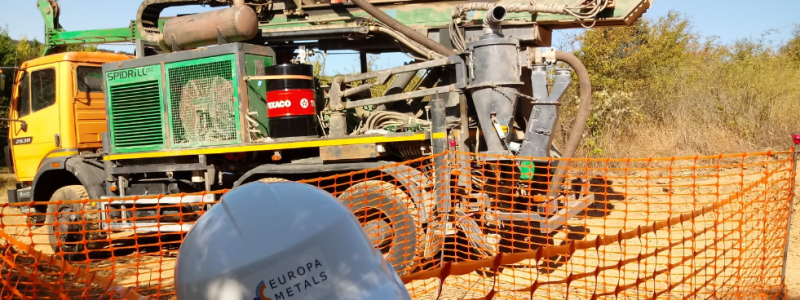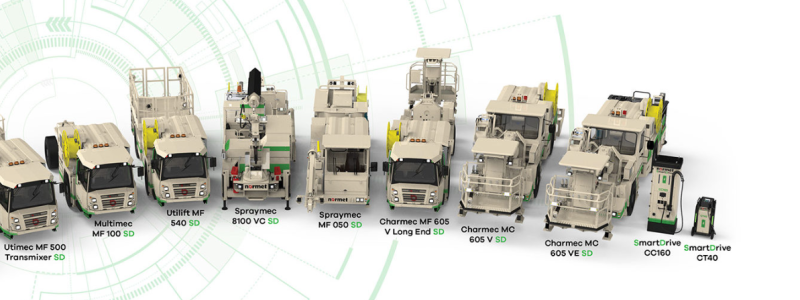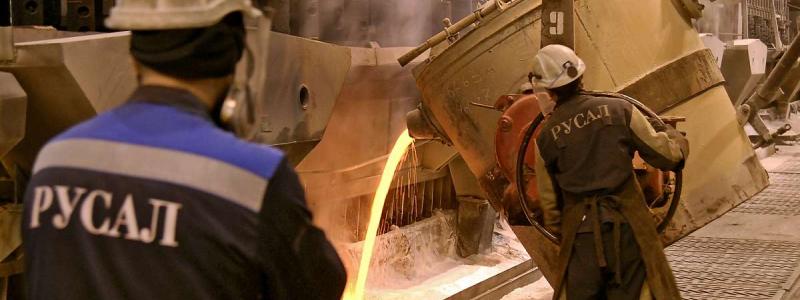German industrial companies have, in recent months, been forced to disclose sensitive production data and supplier information to retain access to Chinese-processed minerals. According to Handelsblatt, drawing on economic and diplomatic sources in Berlin and Beijing, Chinese authorities are requesting details that companies normally guard as strictly confidential – including exact process parameters, dosing levels and supplier structures.
The development exposes how fragile Europe’s dependence on China has become. Technologies such as batteries, wind-turbine magnets and solar components rely heavily on materials for which China controls the overwhelming share of global processing. For several of the most strategic minerals, Beijing dominates between fifty and ninety per cent of global capacity.
Growing dependence amid tightening competition
Handelsblatt reports that German companies have spent eight months navigating China’s new export restrictions on gallium, germanium and rare earth elements – crucial inputs for semiconductors, magnets, electric vehicles and high-end electronics. The supply squeeze risks hitting European industry at a moment when the continent is already struggling with high energy costs and weak industrial competitiveness.
Demand for these minerals is rising rapidly due to the expansion of electric vehicles and renewable-energy technologies. Wind turbines and solar components, often touted as clean alternatives, heavily rely on materials processed in China. This deepens rather than reduces Europe’s structural dependence, leaving little room for strategic manoeuvring. Analysts quoted by Handelsblatt warn that Europe and the United States are failing to build alternatives at the pace required to shift away from reliance on Beijing.
New mining projects in Europe typically take ten to fifteen years to develop, and investments in processing capacity remain far below China’s levels. Meanwhile, manufacturers across the continent continue to rely on components that ultimately require Chinese mineral refinement.
Strategic pressure with no quick solution
Handelsblatt notes that a rapid solution is unlikely. China’s export restrictions are politically driven and align with Beijing’s ambition to dominate next-generation technology industries. German companies have limited room to push back when global supply chains are locked in and few alternative suppliers exist.
The European Commission has introduced measures such as the Critical Raw Materials Act, yet these initiatives focus largely on long-term goals. For companies producing batteries, magnets or semiconductors today, they offer no immediate relief.
German companies pushed to hand over sensitive data to China
Industry representatives in Germany now warn that Europe risks losing the ability to build independent technology sectors. Access to key minerals is increasingly granted on terms dictated by China – and those terms include far-reaching insight into proprietary processes.
– “The situation shows how quickly raw materials have become a political tool,” one source told Handelsblatt.
For companies dependent on Chinese materials, the choice is stark: comply with Beijing’s conditions or risk being cut off from essential supplies.
Source: Handelsblatt, 2025.
Caption: Mercedes-Benz factory in Germany. Photo: Mercedes-Benz Group



